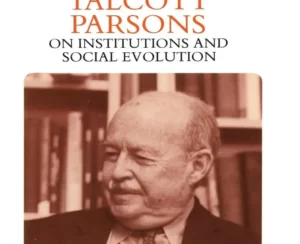Introduction to Feminism: Empowering Students with the Basics

Learn about feminism, its origins, key principles, and impact on society. This blog post empowers students to engage in discussions about gender equality and challenges societal norms and discrimination faced by women. Discover the importance of inclusivity, intersectionality, and empowerment in the feminist movement. Find out how feminism has transformed lives, sparked conversations, and driven policy changes. Get involved by educating yourself, supporting feminist organizations, and challenging gender biases. Join the movement for a more equitable and inclusive society where gender does not limit potential or define worth.










